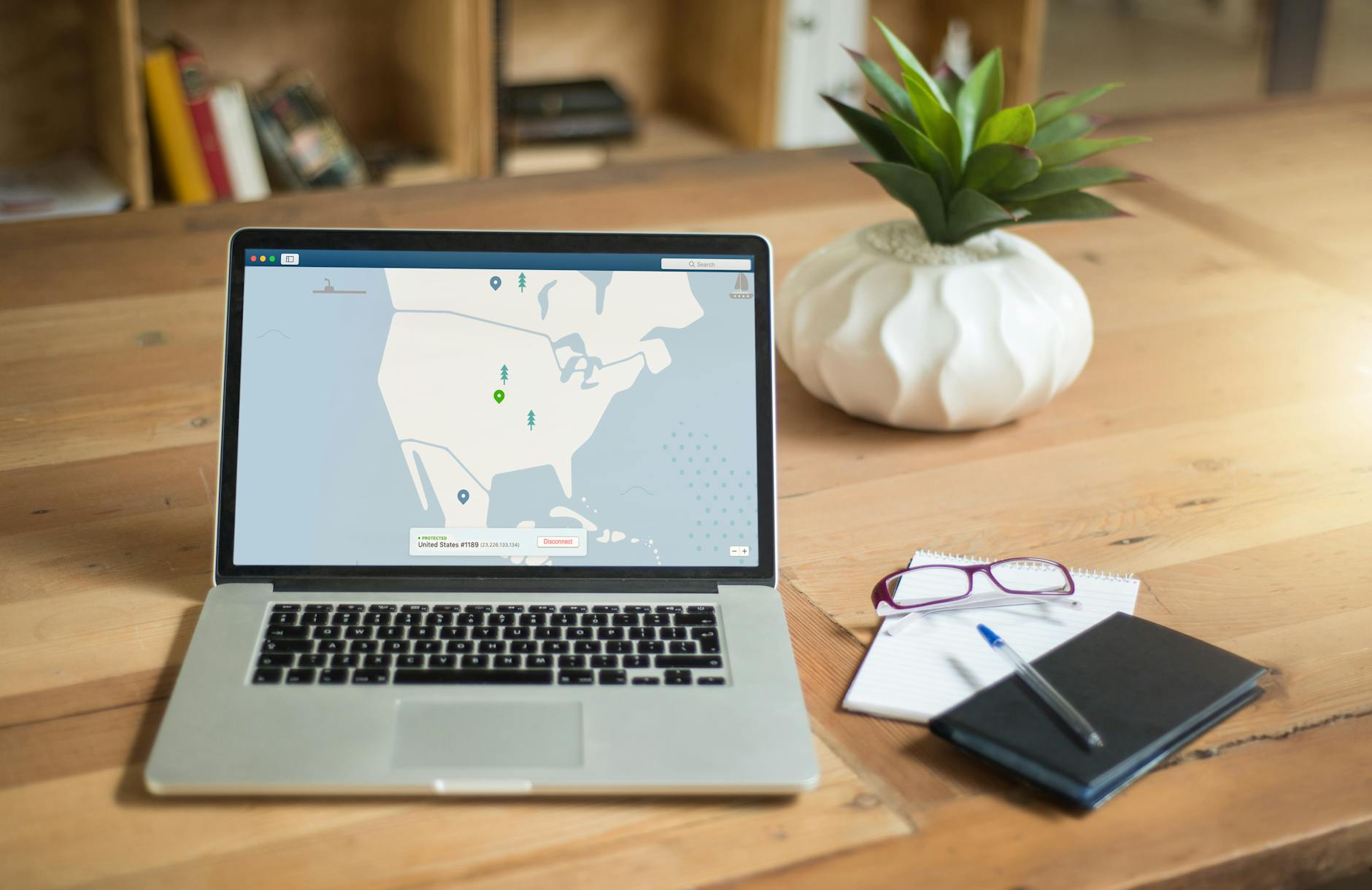Are you tired of paying exorbitant cable bills for channels you rarely watch? 📺💸 The allure of cheap IPTV services might seem like the perfect solution to your entertainment woes. But before you cut the cord and dive into the world of budget-friendly streaming, it’s crucial to understand the full picture.
Cheap IPTV promises a world of endless entertainment at your fingertips, often at a fraction of the cost of traditional cable packages. However, as with any too-good-to-be-true offer, there are potential pitfalls lurking beneath the surface. From questionable legality to unreliable service quality, the pros and cons of cheap IPTV deserve a closer look.
In this blog post, we’ll explore the ins and outs of cheap IPTV services, weighing the advantages against the drawbacks. We’ll delve into the pros and cons, help you determine if it’s worth the risk, and even touch on the world of free VPNs. By the end, you’ll have a comprehensive understanding of what to expect when considering cheap IPTV options. Let’s dive in and uncover the truth behind this tempting technology! 🕵️♂️🔍
Pros of using a VPN

Privacy
In the realm of online privacy, a VPN serves as a crucial tool. It encrypts your internet traffic, making it unreadable to prying eyes. This encryption protects your sensitive information from potential hackers, ISPs, and even government surveillance.
Security
VPNs significantly enhance your online security by:
- Masking your IP address
- Protecting you on public Wi-Fi networks
- Preventing man-in-the-middle attacks
Here’s a comparison of security features:
| Feature | Without VPN | With VPN |
|---|---|---|
| IP Address | Visible | Hidden |
| Data Encryption | No | Yes |
| Public Wi-Fi Safety | Low | High |
Bypass censorship
VPNs are powerful tools for circumventing internet censorship. They allow users to:
- Access blocked websites
- Use restricted social media platforms
- Bypass government-imposed firewalls
Stream region-locked content while traveling
When traveling abroad, VPNs enable you to access your favorite streaming services as if you were at home. This means you can:
- Watch your local Netflix library
- Access region-specific sports broadcasts
- Enjoy home country news and entertainment
By connecting to a server in your home country, you can bypass geographical restrictions and enjoy your usual content, regardless of your physical location.
Cons of using a VPN
A. Slower connection
One of the primary drawbacks of using a VPN is the potential decrease in connection speed. This occurs because your internet traffic is rerouted through the VPN server, adding an extra step in the data transmission process. The extent of speed reduction can vary depending on factors such as:
- Distance between you and the VPN server
- Server load
- VPN protocol used
- Your original internet speed
Here’s a comparison of average speed reductions with different VPN protocols:
| VPN Protocol | Average Speed Reduction |
|---|---|
| OpenVPN | 30-40% |
| IKEv2 | 15-25% |
| WireGuard | 10-20% |
| L2TP/IPSec | 25-35% |
B. Your VPN provider can see your data
While a VPN encrypts your data from third parties, it’s crucial to remember that your VPN provider can potentially access your online activities. This raises concerns about:
- Privacy
- Data logging
- Potential data breaches
C. Cost
Quality VPN services come at a price. While some affordable options exist, reliable VPNs with robust features and security measures often require a subscription fee. Consider the following cost factors:
- Monthly vs. annual subscriptions
- Number of devices covered
- Additional features (e.g., dedicated IP, multi-hop)
D. VPNs can be blocked
Some websites, streaming services, and even entire countries may block VPN traffic. This can lead to:
- Inability to access certain content
- Challenges in bypassing geo-restrictions
- Potential legal issues in countries with VPN restrictions
E. Other inconveniences
Using a VPN can introduce additional inconveniences, such as:
- Need to manually connect/disconnect
- Potential compatibility issues with certain apps or services
- Regular updates and maintenance required
While VPNs offer significant benefits, it’s essential to weigh these cons against the pros to determine if using a VPN aligns with your specific needs and circumstances. Next, we’ll explore whether using a VPN is ultimately worth it despite these drawbacks.
Is using a VPN worth it?

Weighing the Benefits and Drawbacks
When considering whether using a VPN is worth it, it’s essential to evaluate your specific needs and circumstances. Let’s break down the key factors to consider:
- Privacy and Security Needs
- Internet Usage Patterns
- Geographic Restrictions
- Cost vs. Value
Privacy and Security Needs
For those prioritizing online privacy and security, a VPN can be invaluable. It offers:
- Encryption of internet traffic
- Protection on public Wi-Fi networks
- Masking of IP address
Internet Usage Patterns
Your online activities play a crucial role in determining the value of a VPN:
| Activity | VPN Benefit |
|---|---|
| Streaming | Access geo-restricted content |
| Torrenting | Increased anonymity |
| Online Banking | Enhanced security |
| General Browsing | Minimal impact |
Geographic Restrictions
If you frequently encounter geo-blocks or censorship, a VPN can be particularly beneficial:
- Access region-locked content
- Bypass government censorship
- Shop for better deals in different regions
Cost vs. Value
While cheap IPTV services might seem tempting, it’s crucial to consider the long-term value of a reliable VPN:
- Enhanced online security
- Expanded content access
- Potential savings on region-specific purchases
Ultimately, the worth of a VPN depends on your individual needs and how much you value online privacy and unrestricted access to content.
What about free VPNs?

What about free VPNs?
While the allure of free VPNs may seem tempting, especially for those looking to access cheap IPTV services, it’s crucial to understand their limitations and potential risks. Let’s explore the pros and cons of free VPNs:
Pros and Cons of Free VPNs
| Pros | Cons |
|---|---|
| No cost | Limited server locations |
| Easy to use | Slower speeds |
| Quick setup | Data caps |
| Basic privacy protection | Potential security risks |
| Suitable for occasional use | Ads and tracking |
Free VPNs often come with significant drawbacks that can impact your streaming experience:
- Limited server options: Fewer servers mean more congestion and potentially slower speeds.
- Data caps: Many free VPNs restrict your data usage, which can be problematic for streaming.
- Security concerns: Some free VPNs may log your data or even sell it to third parties.
- Unreliable connections: Free VPNs may not offer the stability required for uninterrupted streaming.
While free VPNs might seem like a cost-effective solution for accessing cheap IPTV services, they often fall short in providing the necessary speed, security, and reliability. For those serious about streaming and protecting their online privacy, investing in a reputable paid VPN service is generally a wiser choice.
Paul Bischoff
Paul Bischoff: Expert Insights on IPTV Security
Paul Bischoff, a renowned cybersecurity expert and privacy advocate, offers valuable insights into the world of IPTV services, particularly focusing on the security aspects of cheap IPTV options. His expertise sheds light on the potential risks and considerations users should be aware of when opting for budget-friendly IPTV solutions.
Key Points from Paul Bischoff’s Analysis
- Security Vulnerabilities
- Data Privacy Concerns
- Legal Implications
| Aspect | Cheap IPTV | Premium IPTV |
|---|---|---|
| Security | Often lacking | Generally robust |
| Privacy | Potential data risks | Better data protection |
| Legal Status | May be questionable | Usually compliant |
Paul Bischoff emphasizes the importance of due diligence when choosing an IPTV service. He recommends:
- Researching the provider’s reputation
- Reading user reviews and experiences
- Verifying the legal status of the service
- Checking for encryption and security measures
While cheap IPTV options may seem appealing, Bischoff warns that the cost savings could come at the expense of security and privacy. He advises users to weigh these factors carefully against the potential risks before making a decision.
Choosing whether to use a VPN involves carefully weighing the benefits against the potential drawbacks. While VPNs offer enhanced privacy, security, and access to geo-restricted content, they can also slow down your internet speed and may come with certain legal and ethical considerations. Ultimately, the decision depends on your specific needs and priorities.
For those considering VPN options, paid services generally provide better security and performance compared to free alternatives. However, it’s crucial to research and select a reputable VPN provider that aligns with your requirements. As online privacy becomes increasingly important, taking steps to protect your digital footprint is a wise investment in your online safety and freedom.
